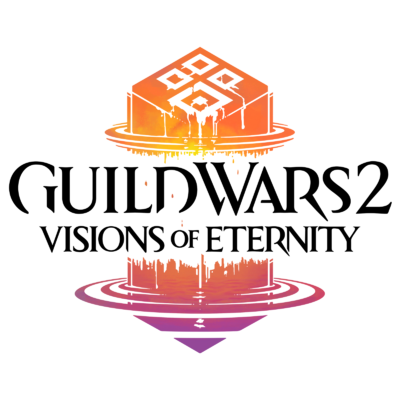

My parents are difficult. Not the worst people and not monsters, but at many times unpleasant.
Plus it was a house in the suburbs. Not ideal for socializing or culture.
And lastly, living with parents in the suburbs would be huge negatives for dating.















I dunno man. I’ve had a lot of conversations with players that go like “do you think your character is the first to come up with this hijink? If it works, why doesn’t the entire setting revolve about this infinite damage trick you’re trying to sell me?”
Like, if it was as easy as casting Charm Person on the king to become the new ruler, other people would already be doing that. Therefore, there must be reasons why it doesn’t work.